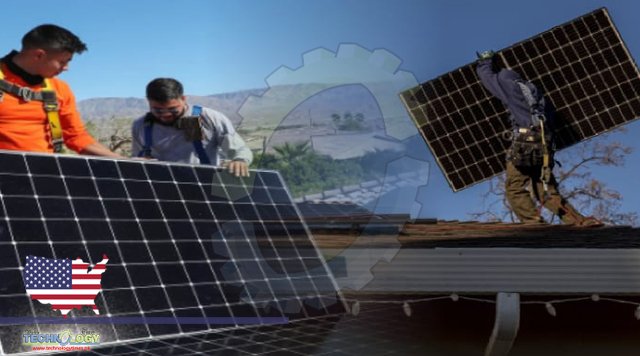A Solar Firm Plans to Build Off-Grid , Sunnova Energy is seeking permission from state regulators to develop microgrids for new housing developments that would not be reliant on established electric utilities.

For more than a century, governments have offered electric utilities a monopoly on selling power to homes and businesses so long as they agreed to serve everybody and subject themselves to regulation. But as homeowners have begun installing solar panels and batteries, that simple arrangement has become more complicated. A Solar Firm Plans to Build Off-Grid , That has led to fierce battles between utility companies and relatively young solar businesses that sell and install rooftop systems for use by homes and businesses. On Thursday, one of the nation’s largest rooftop solar companies, Sunnova Energy, asked the California Public Utilities Commission to let it directly compete with investor-owned utilities to provide electricity to homes in new residential developments as a private “micro-utility” — a business model that is illegal in much of the United States. The company said it would offer those residents electricity that was up to 20 percent cheaper than the rates charged by investor-owned utilities like Pacific Gas & Electric and Southern California Edison. If approved by regulators, the micro-utility model, also known as a microgrid, could undermine the growth of those larger utilities by depriving them access to new homes or forcing them to lower their rates to keep that business. Sunnova executives argue that the approach they are seeking approval for was authorized under a California law passed almost two decades ago for a resort just south of Lake Tahoe. In addition, the company says advances in solar and battery technology mean that neighborhoods can be designed to generate more than enough electricity to meet their own needs at a lower cost than relying on the grid. “If they don’t want to choose me, that should be their right; if they don’t want to choose you, that should be their right, too,” said John Berger, the chief executive of Sunnova.
A small number of homeowners have gone off the grid as the cost of solar panels and batteries has fallen. But doing so can be hard or impossible. Some local governments have rejected permits for off-grid homes on health and safety grounds, arguing that a connection to the grid is essential. But connecting a single home to the grid can cost tens or even hundreds of thousands of dollars, which means an off-grid system may actually be cheaper — especially for properties in remote areas, or in places where the local grid is at its capacity and would require significant upgrades to serve more homes. Off-grid setups can also be appealing because once a system is paid off, the cost of operating and maintaining it is often modest and predictable, whereas utility rates can move up sharply. In recent months, electric bills have surged because the war in Ukraine has caused the cost of natural gas to jump. A Solar Firm Plans to Build Off-Grid , The nationwide average retail electricity rate increased 11 percent in June from a year earlier, according to the Energy Information AdministrationBut the kind of micro-utilities that Sunnova hopes to create have also had problems. The utopian visions of generating electricity where it is used have often run into maintenance and other problems. Many tiny utilities created under such models in the United States and Canada were later swallowed up by larger power companies. n California, the Kirkwood Mountain Resort near Lake Tahoe used a micro-utility to provide power to residents and tourists for years. But the electricity it produced sometimes cost up to 70 cents a kilowatt-hour, or three to five times the rates charged by larger utilities in the state. Eventually, the town of Kirkwood took over the utility and connected it to the state electric grid.Sunnova’s microgrid approach could suffer a similar fate. But the costs of solar panels and batteries have tumbled over the last decade, making the energy that off-grid systems generate much more affordable than when the diesel-based system in Kirkwood was built.Sunnova is asking the state utilities commission to allow it to become a micro-utility under the same state law that allowed the one in Kirkwood. Mr. Berger said his company would work with developers to install solar panels and batteries as part of home construction in developments with fewer than 2,000 units.
Source: This news is originally published by nytimes